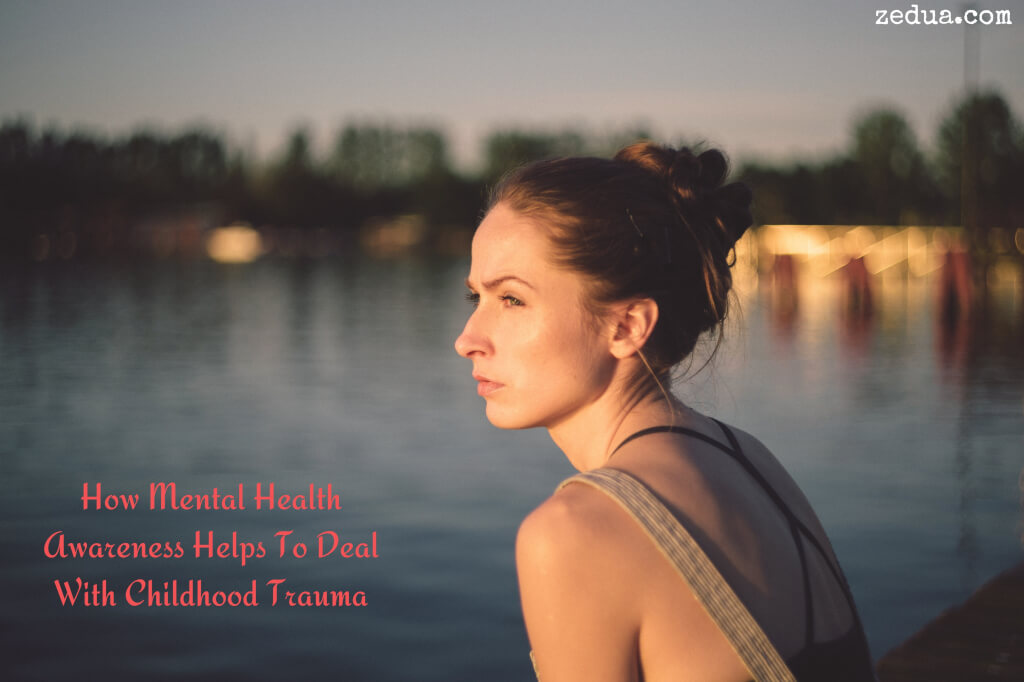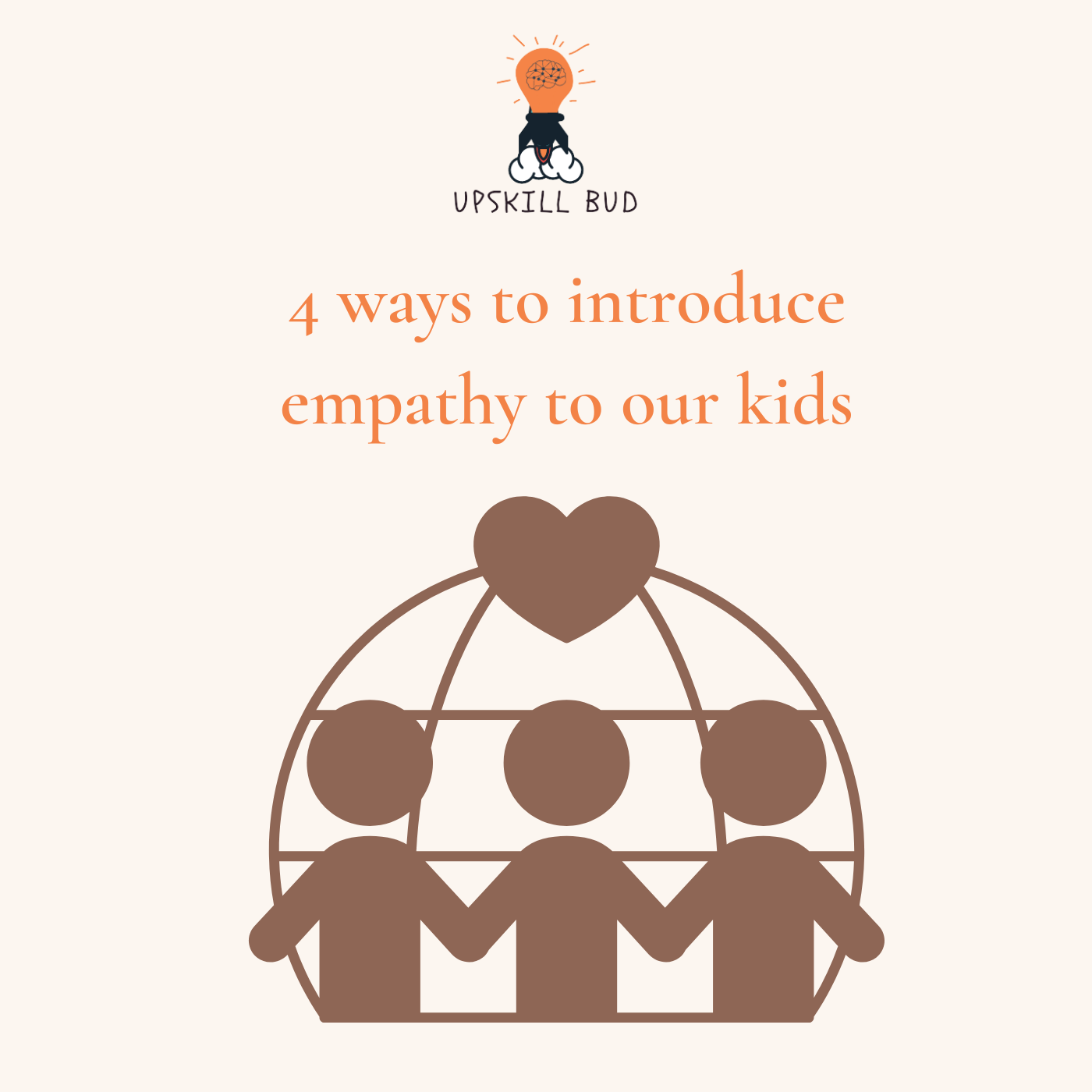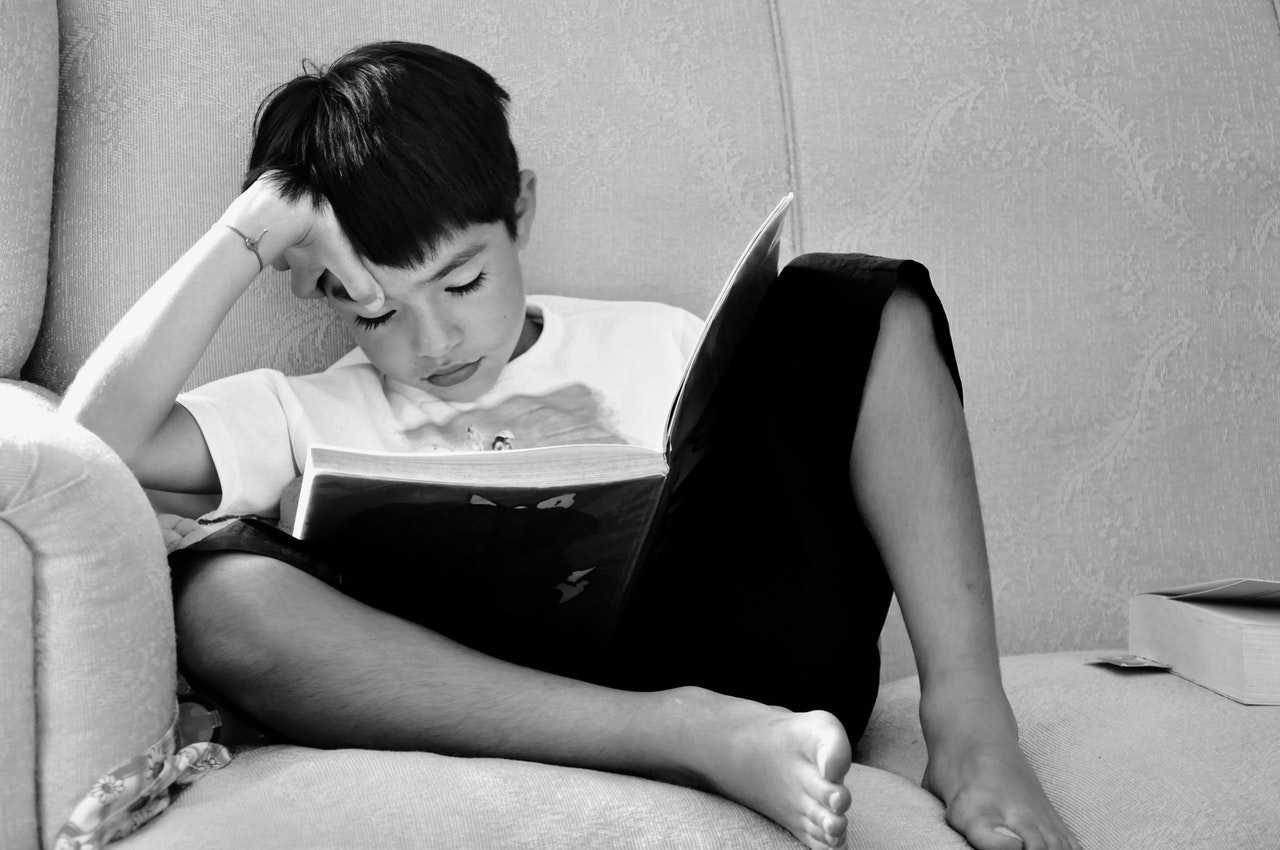
The Role of Mental Health Awareness in Battling Stigma

Mental health is a topic that is mostly swept under the carpet. Despite alarming rates of suicide, associated with childhood trauma, little is being done. According to WHO, as many as 800,000 people lost their lives to suicide last year. A life is lost every few seconds and the devastating trend is only on the rise. Anxiety and Depression in adults, in many cases, is a result of childhood trauma caused by Physical, Emotional, Sexual abuse or Neglect.
Moreover, victims of abuse are often asked ‘This happened years ago. Why do you have to bring that up now?’. This question puts an end to any potential chance of victims opening up. Parents of adolescent children need to make it a point to engage in conversations consistently. Doing so, will help them understand the emotional needs of children and avoid neglect. This way, one of the potential causes of depression and anxiety, is kept at bay.
In the 1st of this 2-part write-up on, we shall make an attempt to understand how to recognize symptoms of childhood trauma in young and adolescent children. Consequently, we will follow it up with expert speak on how to respond and help them overcome the suffering.
Anxiety and Depression: Harbingers of suicidal ideation

Often, symptoms of anxiety are dismissed as a visible reflection of a sensitive nature. When your child stays in recluse, refuses to attend family gatherings, it’s time to take note of the situation. Here, mental health awareness comes in handy.
Furthermore, if they experience difficulty in sleeping or express unusual aggression, it is an immediate necessity to make an effort to find the underlying reason. There could be fear or bullying related trauma that is driving them towards constant threat perception all the time.
However, the symptoms are sometimes are not apparent. Children experience panic attacks and physical manifestations of it can go unnoticed by parents. That, though, doesn’t mean the problem is absent. Children suffer in silence and one can never predict what’s going on. It is in this very silence that, some children start to believe that their suffering can’t see an end in sight. Consequently, the thought of ending life occurs. It is safe to say that, the more your children talk to you, the greater the distance between them and self-harm.
PTSD: Trust is the casualty
An adverse childhood experience (ACE) can cause trauma, which affects their physical and emotional development in many ways. Also, more often than not, children are scarred for life, or take years to come to terms with it. As we know, children start perceiving the world through parents and caregivers. In this process, they start to trust views, opinions and people. The first of the casualties of normalcy caused by traumatic incidents is the dismantling of this trust.

In addition to this, ACEs impact cognitive abilities and take a toll on the immune system. What this is essentially means, is that, the body’s ability to cope with what can termed minimal stress suffers. Further, multiple ACEs pose a risk of substance abuse, which in turn, can aggravate anxiety and cause depression.
In an ideal world, people, especially children shouldn’t face hurt or abuse of any kind. Unfortunately, we live among people with deformed minds, who, even if dealt with legally, would have already caused damage. Therefore, it becomes both parental and social responsibility to include mental health awareness as an integral part of our lives. This way, the damage, if not undone, can be mitigated.
The next part of this blog will further highlight the importance of mental health awareness in dealing with childhood trauma. It will entail expert speak on taking steps to help children deal with, and overcome trauma and pain. Click here to read it.
Also, Read What Will You do if your child is a victim of bullying at school?
Recomended Blogs

Before we even start, let us learn what is empathy? Empathy is truly caring for others. Understanding

Zedua
3 years ago

As parents and teachers, it is not essential rather crucial to understand a child’s needs and mental

Ruchira K
5 years ago

The headline of an article in India Today says – ‘India is the most depressed country in the world

Zedua
5 years ago
